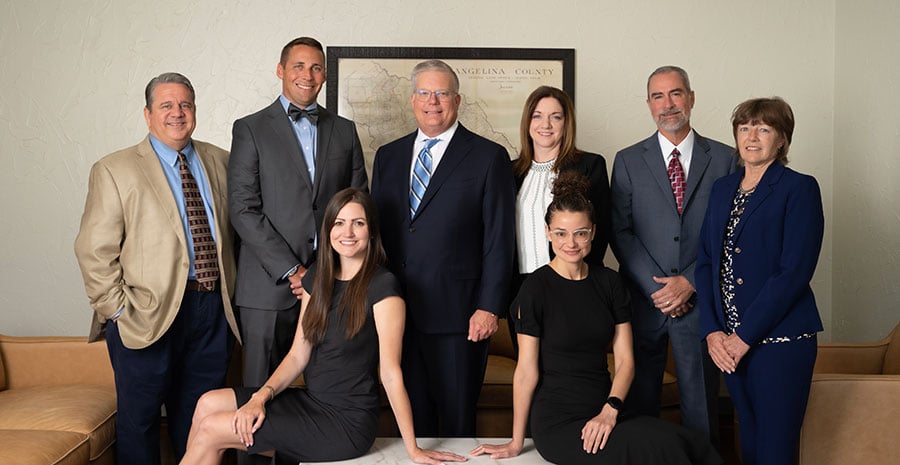Navigating a loved one’s financial affairs after they pass is a difficult process. In addition to the emotional toll, you must also determine how to handle contact from creditors expecting payment for the loved one’s debts. In some cases, creditors may begin to come after you and demand that you pay off the loved one’s financial obligations. Are you required to do so? The following will provide some guidance.
First consideration: The estate
Creditors may attempt to regain the funds from the individual’s estate during probate. Probate is the legal process used to distribute the assets of the estate. States have laws which govern which creditors get first access to the estate to settle their debt. Tax debts are often high on the list, with other creditors like hospitals and credit card companies coming into play later.
If the estate no longer has funds, the creditors may attempt to come after loved ones claiming they need to pay off the debt. Do you have to pay? The next portion delves into this question.
Second consideration: Other parties
Generally, the debt remains the responsibility of the individual’s estate (not the obligation of the decedent’s loved ones). However, there are a few instances when another person, such as a surviving spouse, may be liable for the debt. One common example includes pieces of property that were jointly signed, such as a mortgage or car payment.
It is important to note the details of the situation will depend on state laws and the type of debt in question. For example, if the process is moving forward in a state that uses community property laws, like Texas, the spouse may have greater liability. This is because the state often considers property accumulated during the marriage, both assets and liabilities, as a product of both parties to the marriage — even if only one party signed onto the debt. As a result, it is often wise to seek legal counsel to help navigate the situation.


